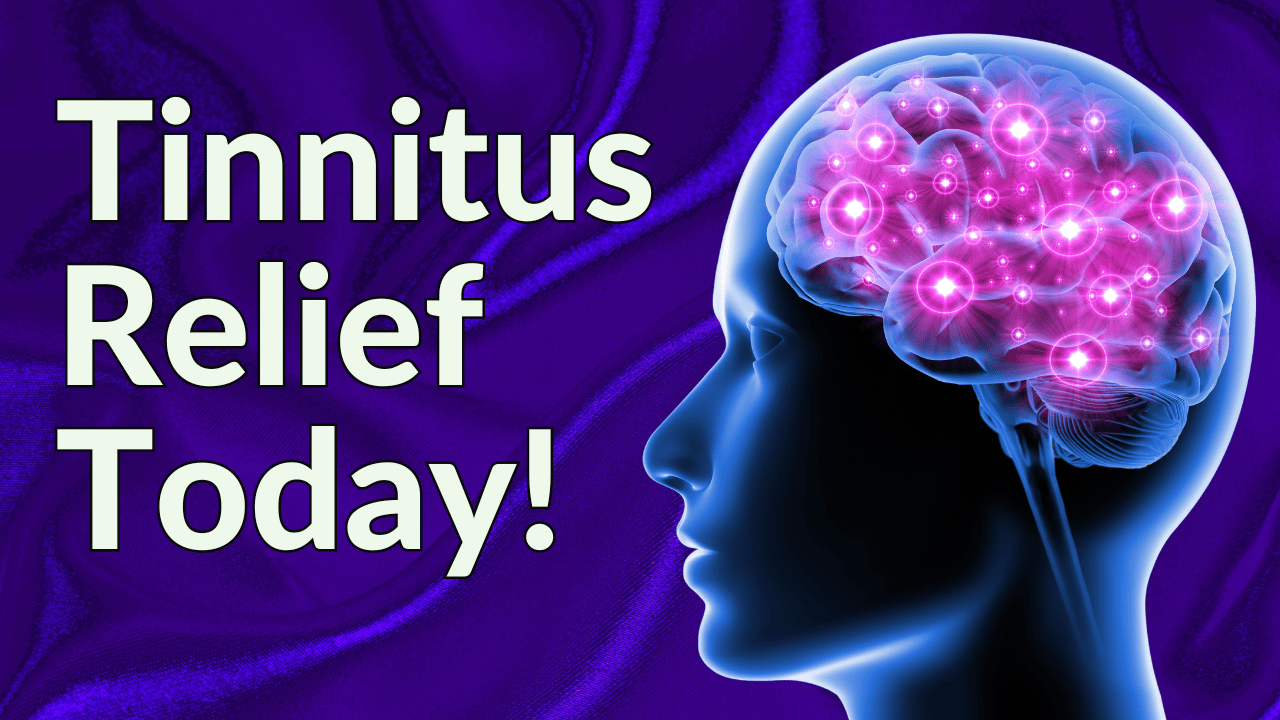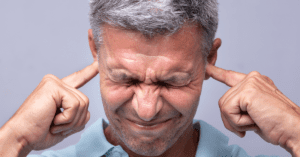Jaw disorders and jaw pain are not often seen as being indicators of other issues within the body, but jaw pain is frequently not as simple as an ache in a muscle, or an issue with a single tooth. Instead, jaw pain and TMJ disorders can be linked to a host of other conditions, and can spur unexpected symptoms, including neck pain, headache disorders, and more. Can jaw disorders be tied to tinnitus, as well? We’ll investigate the different ways that jaw disorders have the potential to link to tinnitus and other disorders involving the ears.
What Are Temporomandibular Joint (TMJ) Disorders And Temporomandibular Disorders (TMD)?
Humans have 2 temporomandibular joints (TMJs), which are the joints that connect our lower jaw to our skull. We may not spend much time thinking about them, but the joints allow our jaws to move in many different directions (e.g., up and down, side to side, and front to back).
"Treble Health helped me reduce my tinnitus by about 80%, and now I can live my life again!"


"Treble Health helped me reduce my tinnitus by about 80%, and now I can live my life again!"
– Steve D.
Book a free consultation to learn which Treble Health solution is right for you. Join Steve and thousands more who have found lasting tinnitus relief.
When something interferes with our ability to make these movements, we are said to have a disorder of the temporomandibular joint. This may be related to the jaw muscles, joints (TMJ), or nerves. Collectively, these disorders are referred to as Temporomandibular Disorders (TMD).
What Are the Symptoms of TMJ and TMD?



TMJ disorders are not always relegated to the jaw muscles. The symptoms of TMJ disorders can vary widely from person to person, and may come and go, rather than being experienced in a singular, unending stream. Johns Hopkins lists the following symptoms of temporomandibular joint disorders:
- Pain or tenderness of your jaw
- Pain in one or both of the temporomandibular joints
- Ear pain that feels like aching within or around the ear
- Difficulty chewing or pain while chewing
- Aching facial pain
- Locking of the joint, making it difficult to open or close your mouth
- Clicking sound or grating sensation when the mouth is open or chewing
These are not the only symptoms of a temporomandibular disorder; because the jaw is a part of so many other systems, symptoms can manifest in a number of different ways that may or may not include the items listed above. Some symptoms, like ear pain, can exist in isolation, without chronic pain in the jaw, which can make it difficult to diagnose properly. To alleviate symptoms, it is essential to get the correct diagnosis (or diagnoses), so it is vital to take a careful inventory of all symptoms, including any changes to jaw movement, hearing loss or hearing impairment, and even ongoing headaches or neck pain.
What Causes Temporomandibular Joint Disorders?
Temporomandibular joint disorders can have many causes. In some cases, the cause appears to be unknown, however, sometimes a specific cause can be identified. The National Institutes of Health lists jaw trauma, genetics, psychological/life stressors, and variations in pain perception abilities as possible causes of temporomandibular joint disorders. These can be the sole source of developing a popping sound in the jaw and subsequent pain, or they can be the root cause along with other issues.
Additionally, the Cleveland Clinic lists teeth grinding or teeth clenching (also called bruxism), arthritis in the law joint, and teeth malocclusion as other possible causes. These are likely to be accompanied by other symptoms, and the muscle surrounding the jaw may also experience significant differences in normal function. In many cases, pain medication and muscle relaxants provide relief in the short term, but symptoms and pain frequently come back. To increase quality of life, many turn to more significant, specific treatments that will not only temporarily impact symptoms.
How Are Tinnitus and Temporomandibular Disorders Connected?
Research suggests that signs of Temporomandibular Disorders are a risk factor for the development of tinnitus. More recent research also suggests that there is a strong relationship between the presence of tinnitus and the occurrence of temporomandibular disorders. One explanation provided in this study suggested that there is an anatomical connection between the jaw muscles and the muscles of the ear, and when this connection is disturbed, there may be resulting disturbances in the auditory neural pathways.
Hearing problems may not immediately bring to mind TMJ or a musculoskeletal problem that leads to pain and discomfort. Nevertheless, the bones and muscles in the head and neck are all linked and tied together. This means that TMJ, tinnitus and pain can all be intricately linked, and multiple treatment options may be necessary to truly provide relief for patients. Because tinnitus symptoms can be caused by loud sounds and other, unrelated issues, it is possible that tinnitus and TMJ are not related. Nevertheless, if symptoms overlap, there are potential treatments that can help increase quality of life and soothe the symptoms associated with both disorders.
How Are Temporomandibular Disorders Treated?
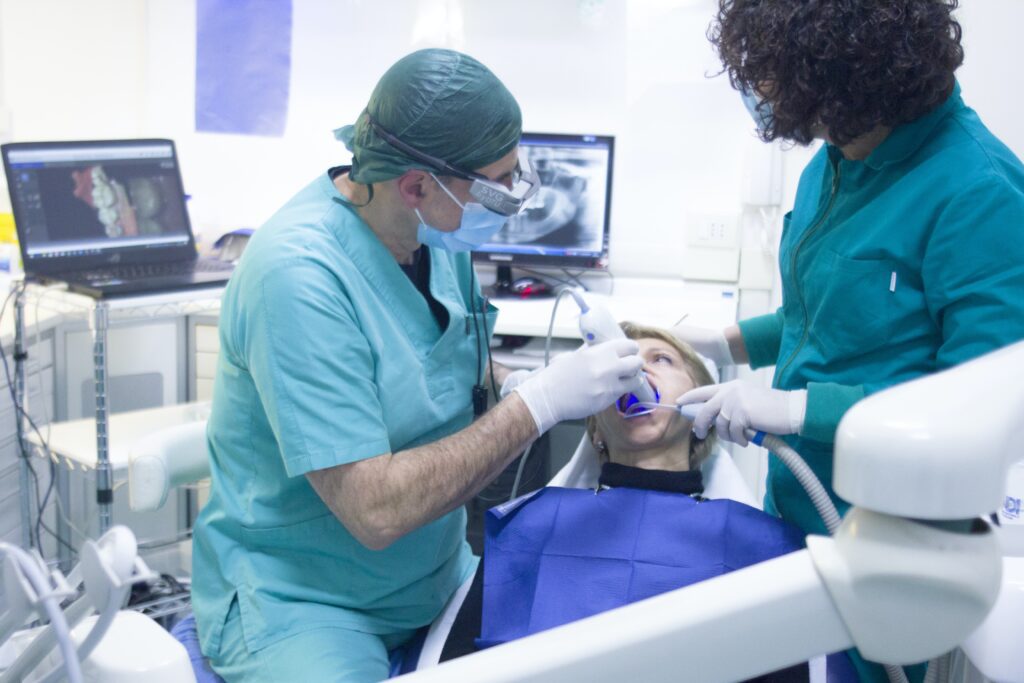

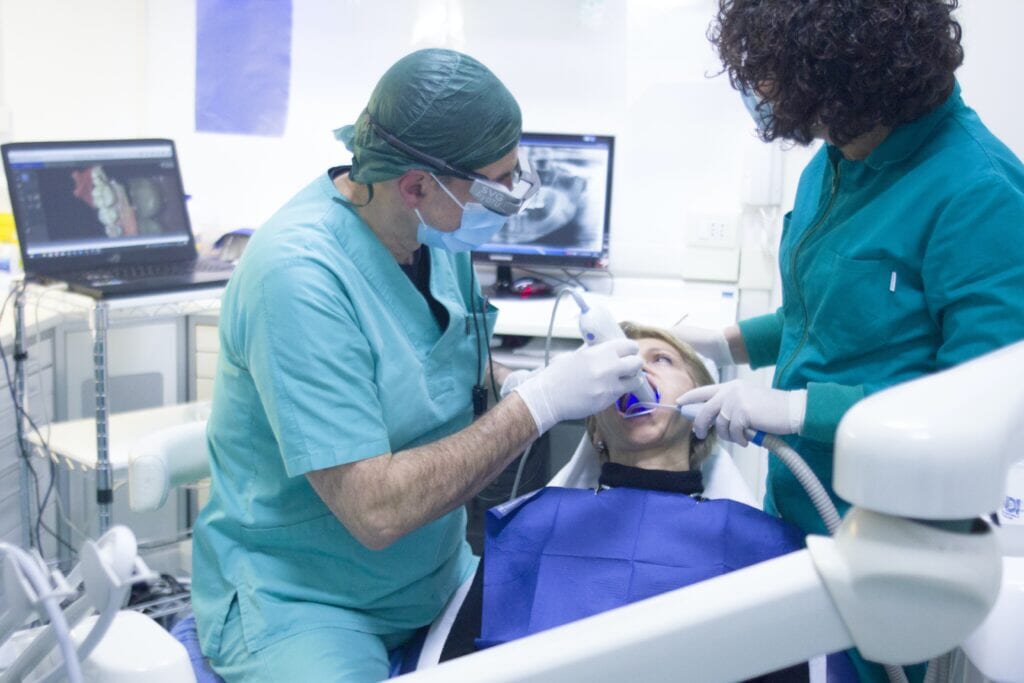
The National Institutes of Health lists a variety of possible treatments for TMD, including both nonsurgical and surgical options. Potential treatments can come at the disorder from different angles so it is important to take a careful inventory of all symptoms to find the treatment that is right for you. Treatments options include:
- Nonsurgical
- Eating soft foods, using heat or cold, and completing exercises for jaw pain and function
- Medications, such as over-the-counter pain medications, anti-anxiety medications, and antidepressants
- Physical therapy to soothe jaw pain and neck pain, address any related issues like cervical spine disorders, and strengthen the jaw and neck
- Behavioral health approaches to help manage distress associated with TMJ disorders
- Intraoral appliances (e.g., splints, nightguards) and bite realignment devices
- Complementary medicine (e.g., acupuncture) to ease some of the emotional, mental, and energetic components of the disorders
- Surgical
- A variety of dental procedures or implants, though these are typically considered more in severe cases than in mild ones
Does Treating Temporomandibular Disorders Alleviate Tinnitus?
There is evidence that treating temporomandibular disorders may improve related tinnitus symptoms. Because there is potential for a musculoskeletal problem that can affect both the jaw and ear pain, emotional disturbances that can trigger both, and other issues related to jaw pain, neck pain, and hearing loss, it is a good idea to run any converging symptoms between tinnitus and TMJ past a health provider, regardless of tinnitus severity or mild or severe cases of TMJ disorders.
Because of a myriad of confusing and often conflicting diagnoses, the symptoms of TMJ and tinnitus vary from patient to patient. The prevalence of tinnitus is higher in individuals with a temporomandibular joint disorder, but is it a TMJ disc problem? Because physical therapy has been used to successfully alleviate tinnitus symptoms when treating TMJ, temporomandibular joint complaints and tinnitus complaints may be rooted in the same jaw trauma: a dislocated or damaged disc.
Cervical Ligaments, TMJ Ligaments, and Middle Ear Ligaments: The Long Connection
The ligaments in the jaw can impact tinnitus symptoms, because they are connected to ligaments within the ear. The TMJ tinnitus link is significant, as it can be the result of tension and injury in or trauma to the jaw muscles. A TMJ disorder can trigger tinnitus, because the jaw muscles directly impact the structures found in the ear. If a TMJ disorder is present, as a result of trauma, injury, or damage, the middle or inner ear may also be damaged. Tinnitus patients are at greater risk of having TMJ disorders over the general population, and it is possible to alleviate tinnitus symptoms through physical therapy, or other TMJ treatments, provided that the cause of the two conditions are linked.
Cervical spine issues are also tied to tinnitus, and treating these issues may also reduce tinnitus symptoms. While treating TMJ and neck pain is not likely to alleviate tinnitus entirely, physical therapy designed to address these issues can ease tinnitus related distress.
Can TMJ Treatment Cure Tinnitus Symptoms?
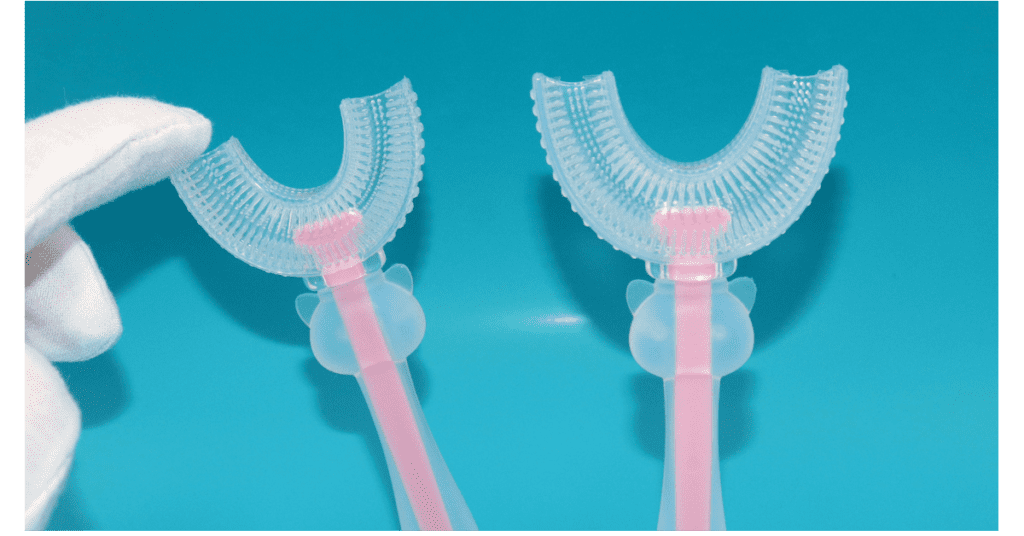

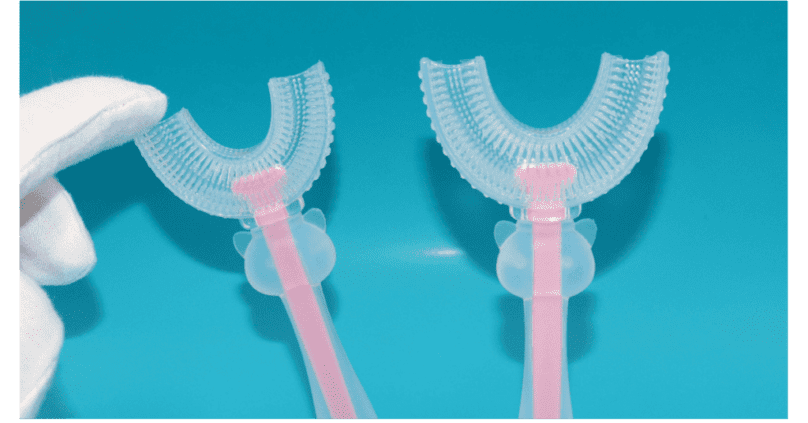
Because not all cases of tinnitus are directly related to TMJ dysfunction, doctors have suggested that treatment options for TMJ may help alleviate tinnitus issues. Some of the more common TMJ treatment options to help treat tinnitus include:
- Splinting, accompanied by exercise. This particular means of treating TMJ can be useful for treating tinnitus and relieving tinnitus related distress, because it directly targets the issues behind both TMJ problems and tinnitus pitch and discomfort. A TMJ splint is designed to relieve pressure on the joints and teeth, eventually training the muscles in the jaw to relax. Jaw movement is vital to this particular approach.
- Working through trauma, anxiety, or other issues that lead to tinnitus and TMJ disorders. Anxiety can cause teeth grinding and inflammation, which can negatively impact the TMJ. Anxiety has also been linked to tinnitus. Addressing mental health and stress levels may help address a TMJ disorder, while soothing a high pitched ringing sound unique to tinnitus.
Can TMJ treatment cure tinnitus? The question is not an easy one to answer, and although treatment can certainly reduce tinnitus symptoms, it is not always a tried-and-true answer to ease discomfort and improve ringing of the ears. Working closely with a team, including joint specialists, audiologists, and your primary care physician will likely yield the most substantial results.
Common Drawbacks When Treating TMJ Problems
Many patients do not know that there is a link between tinnitus and TMJ, and may not immediately report accompanying symptoms to their doctors. This can delay diagnosis and treatment, and result in somatosensory tinnitus (called somatosensory tinnitus because it is triggered or managed through movement). Treating TMJ can result in improvements to somatosensory tinnitus and accompanying symptoms, but therapy may not be readily available, and oral splints may not be a common practice in some areas.
Tinnitus caused by TMJ may be briefly soothed by muscle relaxants and other common fall-backs for TMJ disorders, but the high pitched ringing sound is likely to return unless further treatment is utilized. If tinnitus symptoms are accompanied by any TMJ symptoms–a popping sound when talking or chewing, pain in the muscles surrounding the jaw, aching in the lower jaw, or issues preceding a bite realignment–quality of life may be improved by first addressing the muscles surrounding the TMJ, addressing any issues regarding this joint, and then turning to tinnitus treatment caused by joint disorders.
While there are no definitive studies that support a significant link between jaw disorder and tinnitus, there are enough reported incidences to believe that there is a relationship between the two. If you experience any of the above listed jaw conditions/symptoms and tinnitus, we recommend that you discuss these symptoms with your medical professionals.
Next Step: Book Free Consultation
- 75% of patients reduced their tinnitus within three months after following our recommendations.
- "I feel like Treble Health literally gave me my life back." - Randy S. (verified customer)
- Join thousands of people who have reduced their tinnitus after scheduling a free consultation.








